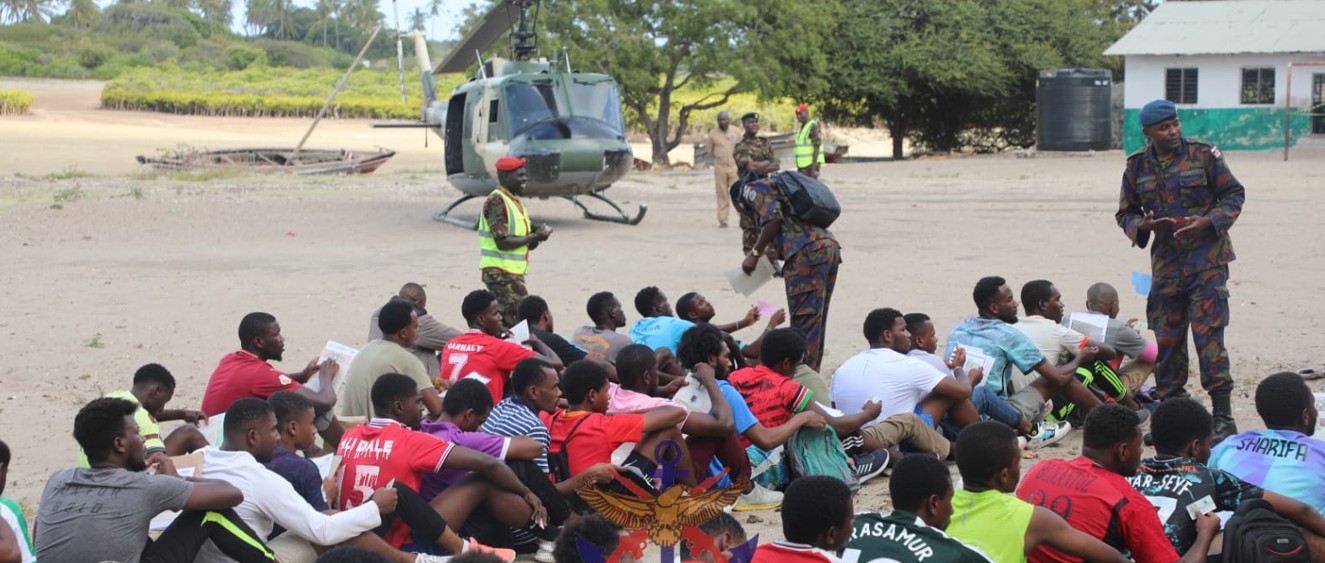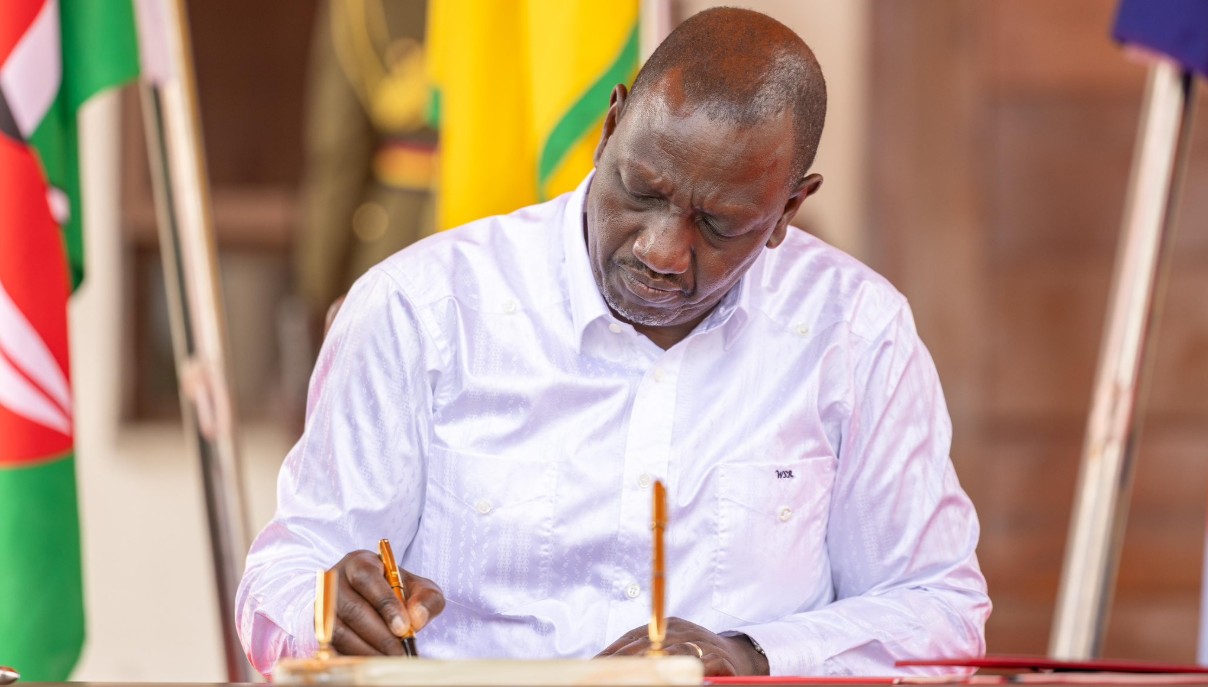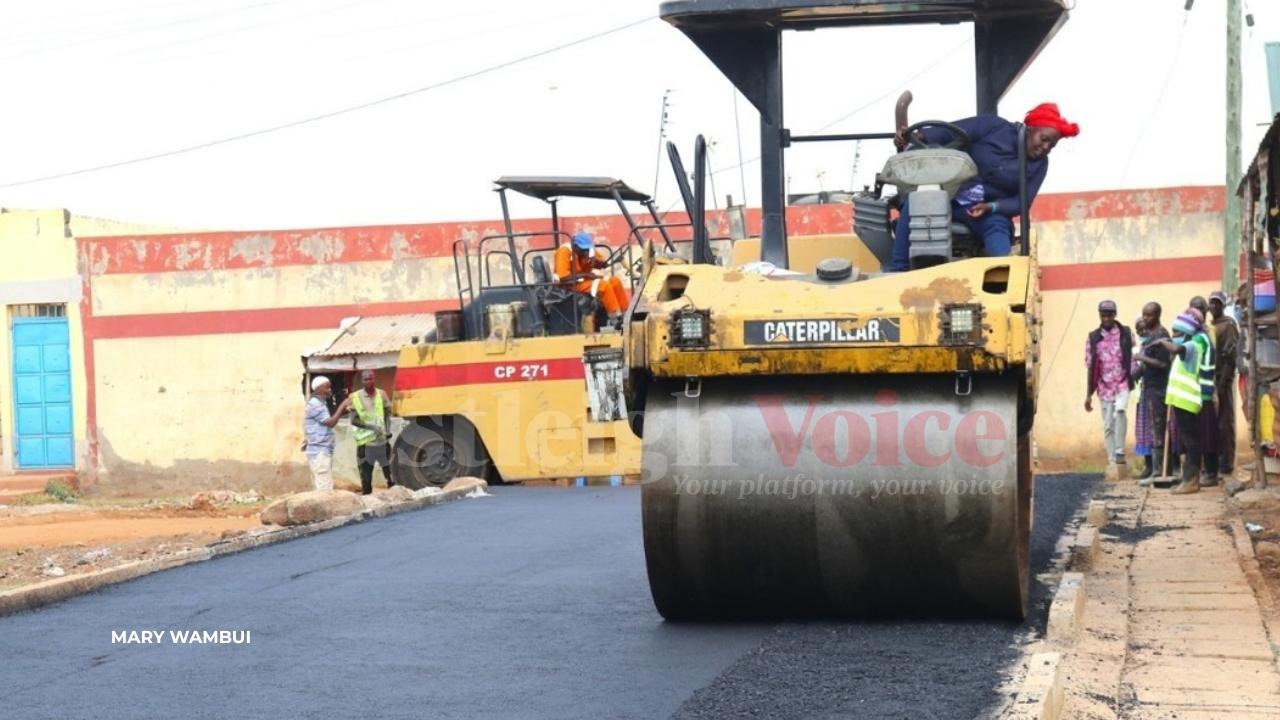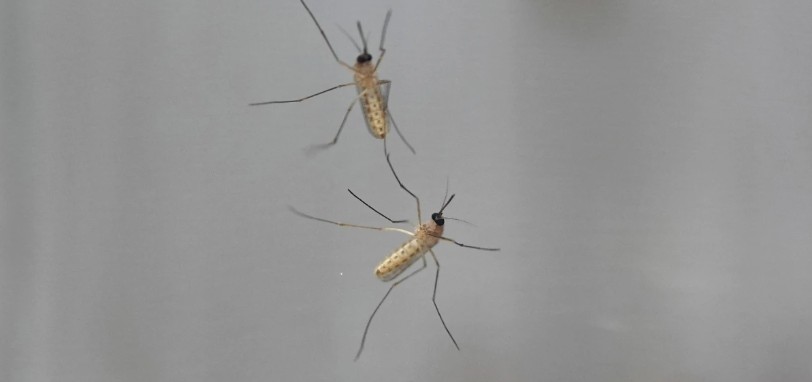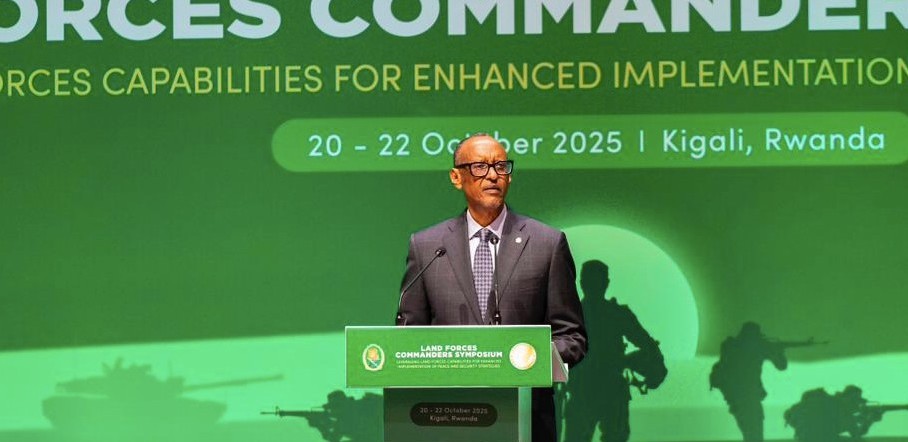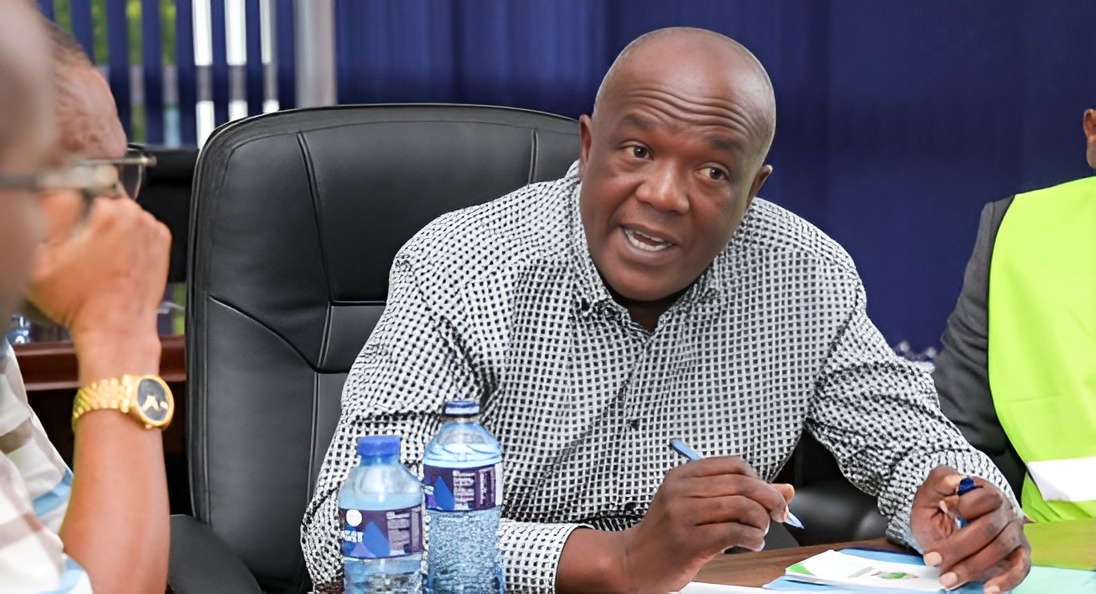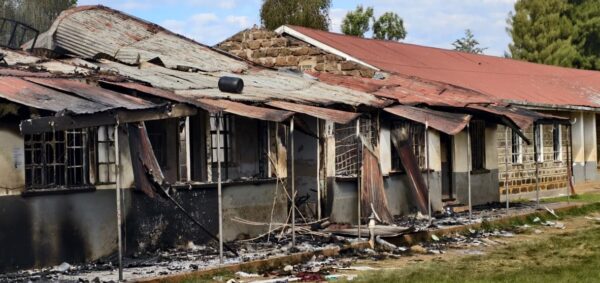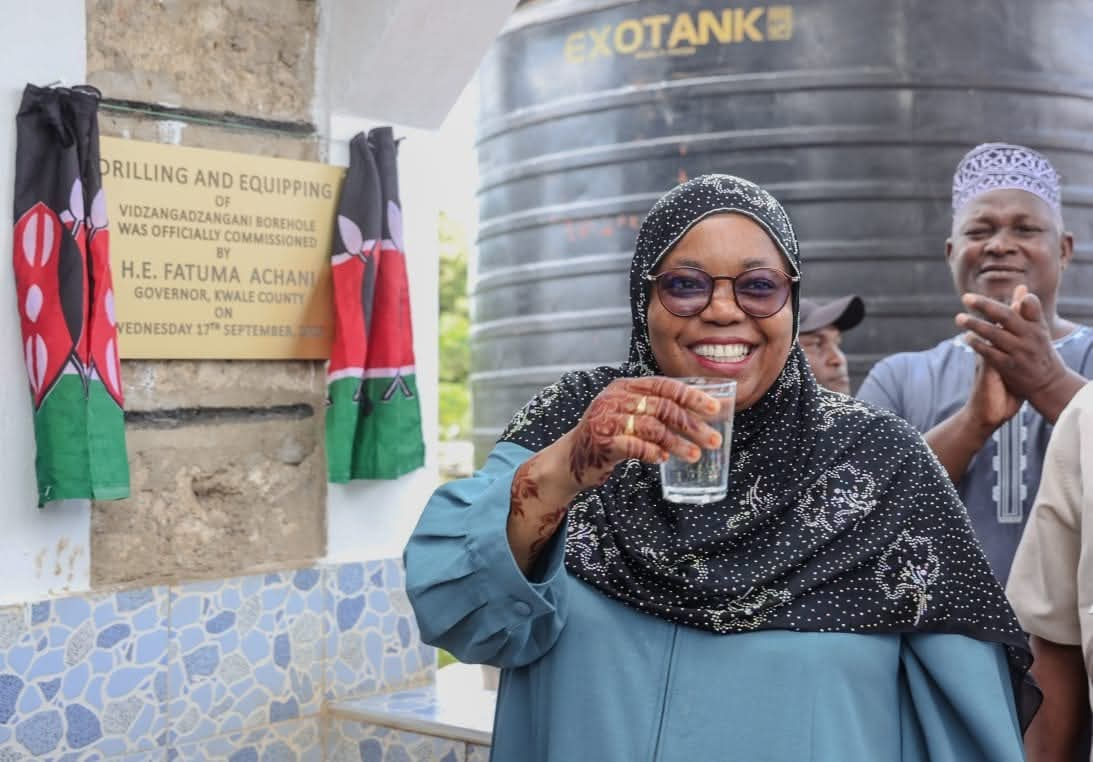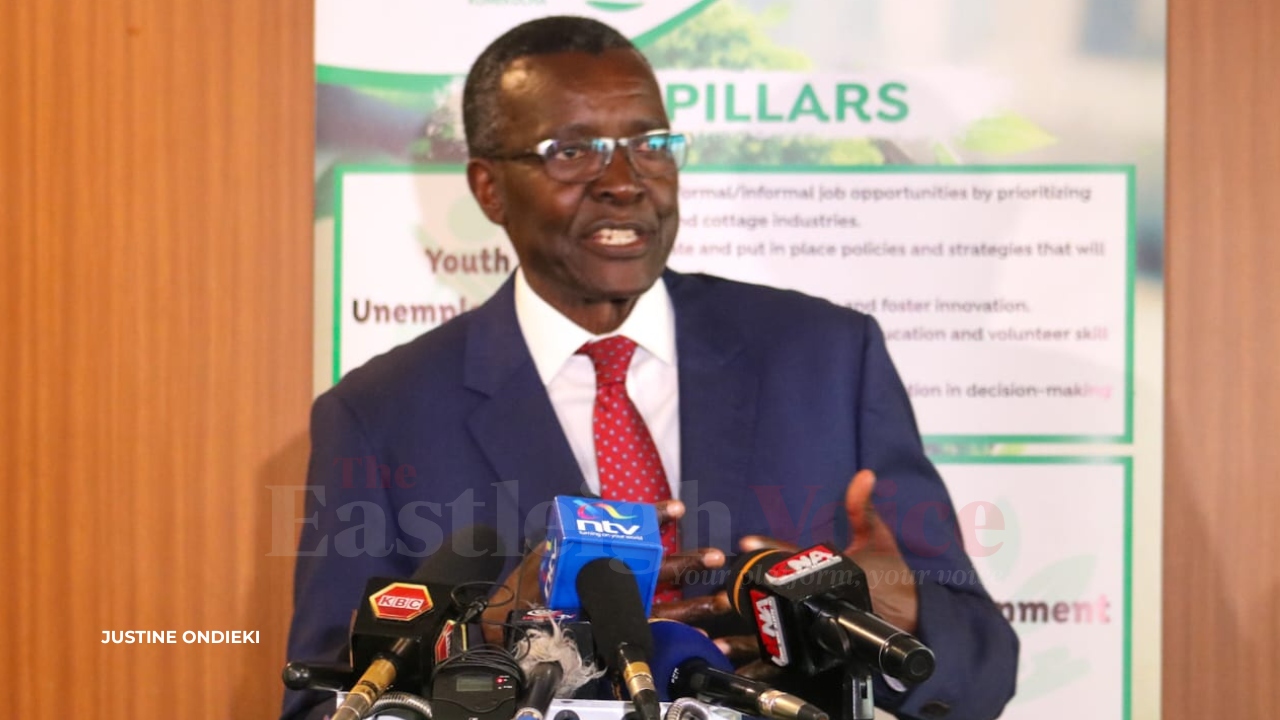DR Congo conflict: Why peace talks with M23 rebels are stalling despite Doha deal
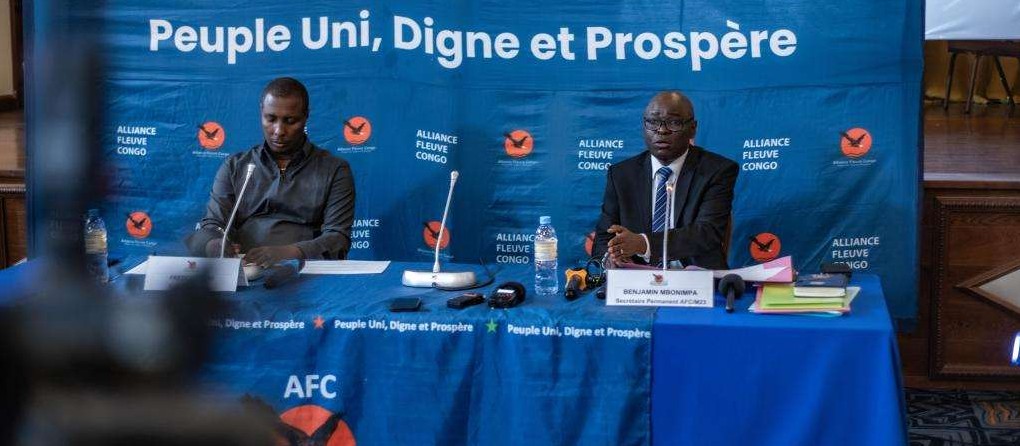
Kinshasa insists on M23’s full withdrawal and an end to external backing, while the rebels demand political and security guarantees before disarming, leaving both sides locked in mutual distrust.
On July 19, the Democratic Republic of Congo (DRC) and the Rwanda-backed M23 rebels signed the Doha Declaration of Principles, brokered by Qatar.
The agreement was built on an earlier peace deal signed by the DRC and Rwanda in Washington on June 27, in which both sides pledged to finalise a peace accord no later than Monday, August 18.
More To Read
- M23 accuses DRC Government of attacks hours after Doha ceasefire monitoring deal
- DRC conflict: ADF rebels kill 19 civilians in North Kivu village attack
- Congo: Are M23 rebels really advancing toward Kinshasa?
- Tshisekedi, Kagame trade barbs at Brussels Gateway Forum over DRC conflict
- Uganda enhances security at border region with DR Congo after deadly attack
- Over 80 per cent of health facilities in Eastern DRC left without humanitarian support, ICRC warns
However, earlier this week, M23 representatives were absent from the negotiating table in Qatar.
In a statement on Sunday, the rebel group said that “only the full implementation of the Doha Declaration of Principles, including the release of prisoners, would allow them to participate in the next round of talks.”
M23 currently controls much of North and South Kivu provinces in eastern Congo.
Meanwhile, new reports from Human Rights Watch and Amnesty International accuse M23 of killing nearly 140 people in July and allege that the group, along with other militias, has committed widespread sexual violence in the region.
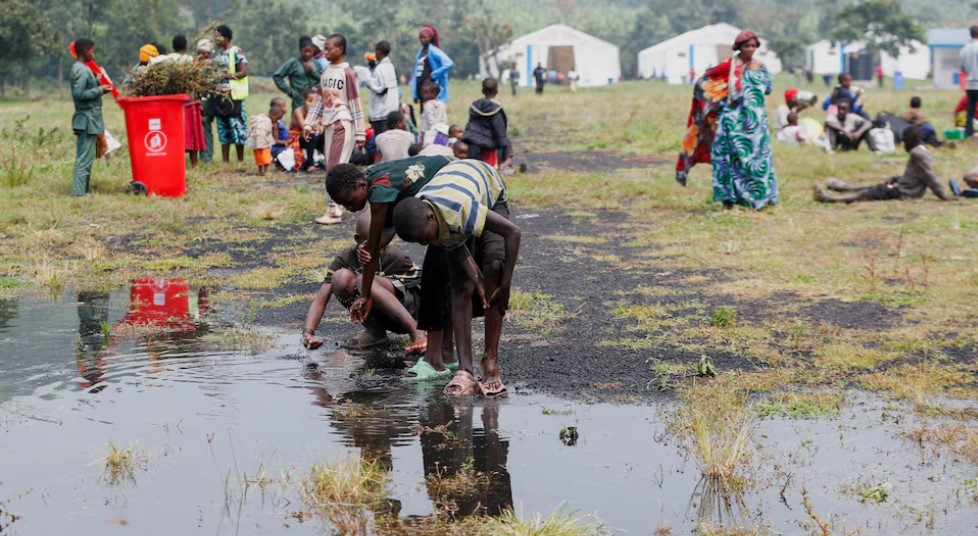 Congolese civilians who fled from Goma in the eastern DR Congo following fighting between M23 rebels and the DRC armed forces. More than three had returned to their homes as of July 2025. (Photo: File/REUTERS/Thomas Mukoya)
Congolese civilians who fled from Goma in the eastern DR Congo following fighting between M23 rebels and the DRC armed forces. More than three had returned to their homes as of July 2025. (Photo: File/REUTERS/Thomas Mukoya)
Huge demands from both sides
The peace process is being undermined by major demands from both parties and a lack of trust between them.
"Nobody is meeting the demands of the other. One would have expected a great deal of flexibility on the Congolese side in trying to respond to the demands of the M23," Nkere Ntanda, a political scientist from the University of Kinshasa, told DW.
Kinshasa is demanding the complete withdrawal of M23 fighters and an end to external support for the rebels. In turn, M23 wants political and security guarantees before agreeing to disarm. Both sides remain deeply suspicious of each other.
"The demands from both sides reflect legitimate concerns. This is a normal situation in any kind of negotiation, but these demands also highlight how far apart the parties remain," said Yvon Muya, a researcher at the School of Conflict Studies at Saint Paul University in Ottawa, Canada.
 DRC and Rwanda foreign ministers signing of a peace agreement on June 27, 2025, which was witnessed by US Secretary of State Marco Rubio. (Photo: X/Marco Rubio)
DRC and Rwanda foreign ministers signing of a peace agreement on June 27, 2025, which was witnessed by US Secretary of State Marco Rubio. (Photo: X/Marco Rubio)
Monitoring mechanism
The Congolese government has stressed the need for a monitoring mechanism to ensure compliance.
"We need a neutral mechanism on the ground to verify the withdrawal and disarmament, because peace will not come from unilateral surrender or total impunity, but from a well-monitored and well-balanced compromise between the two parties," said Christian Lumu Lukusa, a political activist and youth leader in the ruling UDPS party of President Felix Tshisekedi.
What happens if the peace process collapses?
Analysts warn that the failure to reach a deal could lead to renewed violence and further rebel advances. Both sides already accuse each other of violating the ceasefire.
"The mediation needs to be proactive. Otherwise, there is a risk of escalation, especially since extremists on all sides have resumed their rhetoric," Reagen Miviri, a conflict analyst at the Congolese Institute Ebuteli, told DW.
Several African leaders, including Nigeria's former president Olusegun Obasanjo and Angolan President Joao Lourenço, have attempted to mediate without success.
"Africa is very weak and does not have the power to exert pressure. This is why it is necessary to go where pressure can be used to make nations abide by the resolutions," said political science expert Ntanda.
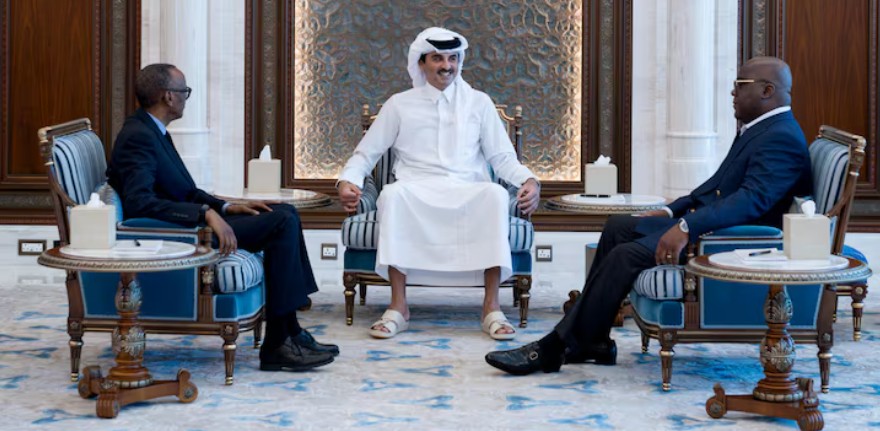 DRC President Felix Tshisekedi (right) and his Rwandan counterpart Paul Kagame meet with Qatar's Emir Sheikh Tamim bin Hamad Al Thani in Doha on March 18, 2025. (Photo: Qatar's Ministry of Foreign Affairs/Handout via REUTERS)
DRC President Felix Tshisekedi (right) and his Rwandan counterpart Paul Kagame meet with Qatar's Emir Sheikh Tamim bin Hamad Al Thani in Doha on March 18, 2025. (Photo: Qatar's Ministry of Foreign Affairs/Handout via REUTERS)
Economic influence
According to him, countries with major economic influence, such as the US and Qatar, are best positioned to push for a peace deal. Both have already stepped in, partly to increase pressure on Rwanda, a close ally of Washington and Doha.
The DRC, the United Nations, and several Western governments have accused Rwanda of backing M23—allegations Kigali has repeatedly denied. Rwanda, in turn, accuses Kinshasa of using it as a scapegoat for Congo’s internal governance and security failures.
The conflict has already claimed thousands of lives and displaced hundreds of thousands, according to the UN.
While negotiations between Kinshasa and M23 continue, other armed groups remain active.
M23 is only one of around 100 militias operating in eastern Congo.
In recent days, ADF rebels—linked to the extremist “Islamic State” group—killed at least 52 civilians in Beni and Lubero, UN and local officials reported.
Top Stories Today

